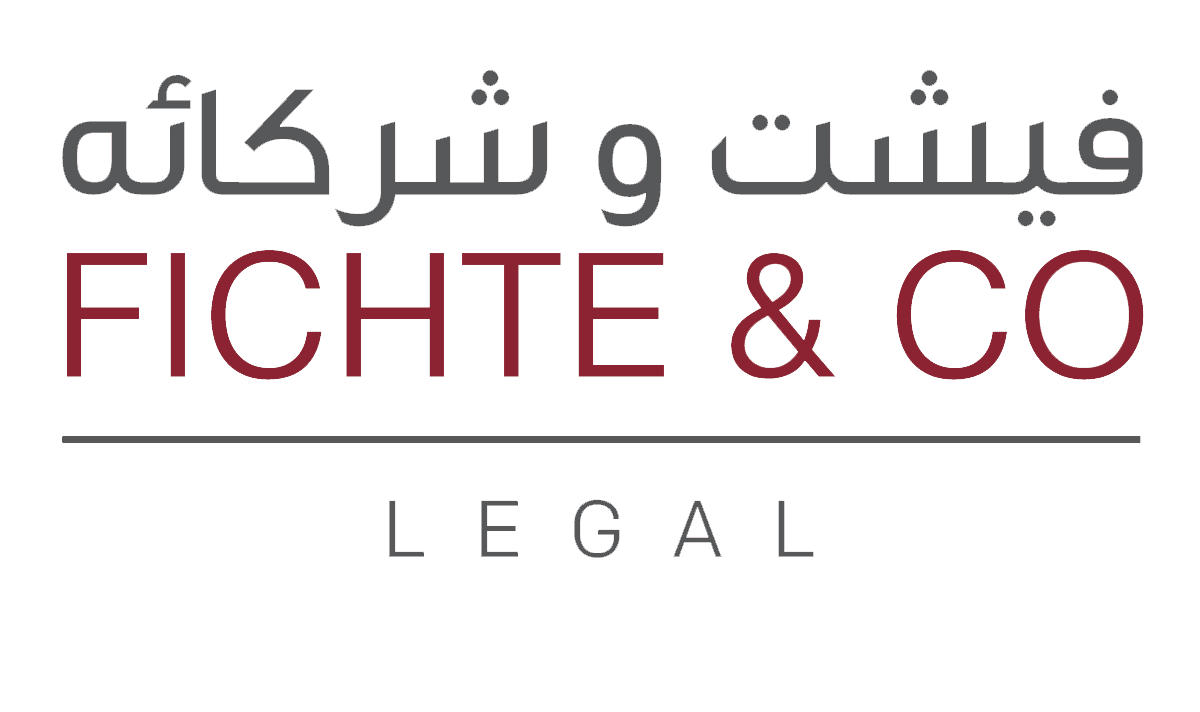As generations of expatriates begin to age in the UAE, the issue of having a will in place is becoming a seemingly important topic. This is especially so for corporate CEOs and shareholders whose death may leave a tragic mark not only personally, but for their business.
When a shareholder dies, their shares are passed down to their heirs, as per the laws of the UAE which are governed by Sharia, or as per the deceased’s will as approved by the UAE courts. However, the way the shares are dealt with upon death may be covered in the corporate instruments of the company, such as the Memorandum of Association (MOA) of the company, or an external binding agreement. This depends on the type of company. For limited liability companies, the company is not deemed dissolved upon a partner’s death (unless the MOA provides otherwise), in accordance with Federal Law no. 2 of 2015 (“UAE Companies Law”), and the shares will pass down to the heirs of the deceased. For sole establishments and joint liability companies, the default position upon the death of a partner is that the company shall be deemed dissolved, unless the MOA provides otherwise, or the heirs decide to continue the business.
Wills and Inheritance under UAE Laws
Inheritance in the UAE for Muslims is governed by the principles of Sharia. For non-Muslims, the law of the deceased’s nationality can be applied in accordance with Article 17 of Federal Law no. 5 of 1985 (“UAE Civil Code”). This law states inheritance shall be governed by the law of the deceased at the time of his death. Furthermore, Article 1(2) of Federal Law no.28 of 2005 (“Personal Status Law”) allows non-Muslim expats to make a will under the law of their home country to govern succession to their assets situated in the UAE. This process involves legalised, notarised and translated copies of the applicable home country laws, as well as the will itself, and a judge must approve the will before its terms can be enforced. Unfortunately, in practice, judges can still ignore such foreign wills and apply Sharia; especially if the terms of the testator’s wills are inconsistent with Sharia principles. In the event an individual dies without leaving a will behind, the judges may very well apply Sharia law to govern the deceased’s estate. This could be a very lengthy process, and the assets of the deceased are usually frozen until all the debts and liabilities of the deceased have been paid off.
In 2015, the DIFC Wills and Probate Registry was established as a mechanism for non-Muslim expats to deal with, and dispose of, their assets upon death. The DIFC Wills and Probate Rules are based on common-law principles and create legal certainty for the inheritance of testator’s assets. Currently, these rules only cover assets in Dubai and Ras al Khaimah (RAK).
The DIFC Registry works in conjunction with the DIFC Courts, which is responsible for granting probate orders, and who then consequently have an agreement with the Dubai Courts for the enforcement of such orders. Anyone registering a will before the DIFC Wills and Probate Registry must be a non-Muslim, over the age of 21, of sound mind and their assets must be situated in Dubai and/or RAK. The testator must appoint an executor to act as the representative and ensure the wishes of the testator are carried out.
Foreigner owned assets situated within the UAE, but outside of Dubai and RAK, are still governed by a “foreign will”, as per Article 17 of the UAE Civil Code and a UAE Court judge would have to assess whether or not to enforce the terms of the will as per the laws of the applicant’s home country.
Shareholders and Corporate Governance
In light of the difficulties in the UAE regarding the enforcement of foreign wills, the DIFC Wills and Probate Registry provides an excellent alternative for foreign shareholders to dispose of their shares and appoint appropriate beneficiaries. Shareholders of a company drafting a will must ensure that clear instructions are carried out regarding their shares, and a suitable executor is appointed to govern the business matters. In the absence of a proper will drafted and registered with the DIFC Registry, the principles of Sharia may apply in terms of a shareholder’s heirs. As a result, the surviving partners may face difficulties when dealing with a beneficiary who is unreachable, or who may lack business expertise.
The executors as set out in the shareholder’s will, or the heirs’ rights to deal with the shares, are also subject to the MOA of the company. It is not only essential for shareholders to have an appropriate will in place, but for the company to plan in advance on what should happen to the shares in the event that a shareholder dies. This is an essential matter for directors to deal with and to properly document. Some companies may choose to include pre-emption rights in favor of existing shareholders, or arrangements to buy out the deceased’s shareholder’s interests. In any event, it is crucial to properly draft and review the company’s articles of association and to accommodate for the death of shareholders.
Succession Planning for Key Individuals
It is not only essential to deal with a partner’s death in a corporate setting, but it is as equally important to deal with any key individuals leaving a company. Succession planning ensures a business runs effectively and efficiently and is not disrupted once a key individual or a manager leaves. It is an effort by an organisation to ensure leadership continuity in key positions, and to encourage the advancement of key staff. Businesses must first identify key and critical positions, which skill sets are required to fill such positions, assess the financial and legal implications of their business succession, and develop their succession plan accordingly.
Management and HR teams should work together to identify potential employees and create a pool of individuals who may be ready to take on key individuals’ tasks. A proper assessment must be carried out to identify the strengths and weaknesses of the replacement of key individuals. Appropriate training and skill enhancement may also be necessary to ensure such individuals would be ready to take on leadership roles.
Lack of succession planning poses serious risks for companies in the UAE, especially under a forced heirship regime. Heirs may lack the aptitude and business expertise to run a business, and may not unanimously agree with other key individuals running a company, resulting in time wasted trying to reach an agreement as opposed to spending time nurturing and developing the business.
Protecting your Business
The best way to protect your business is to plan ahead and to properly draft, review and incorporate provisions of death in your corporate governance documents, in consultation with a lawyer and the management of the company. Companies must also have internal policies and appropriately account for and develop business succession planning. An appropriate forum must be created for succession planning where companies are ready to deal with difficulties head on, without affecting their business.
Inheritance under UAE laws and the lack of consistency of judgements in relation to foreign wills may be a daunting experience for foreigners. Partners, as well as other key individuals of a company should consider using the services of the DIFC Wills and Probate Registry to ensure their assets are allocated as they wish.
Click here to download the article.[/vc_column_text][/vc_column][/vc_row]




